Sunglasses Basics 101
Good-quality sunglasses are as essential for your eyes as sunscreen is for your skin. They protect your valuable vision from harmful overexposure to the sun’s UVA, UVB and UVC rays. Here are some of the kinds of eye problems directly related to sun exposure:
- Cataracts
- Macular degeneration
- Pterygia and pingueculae (growths on the eye’s surface)
- Photokeratitis (snow blindness or sunburn on the cornea)
- Cancer of the eye and surrounding skin
Always choose sunglasses that block 100 percent of UV rays. Close fitting, wraparound styles protect your eyes from sunlight entering through the sides. Allied Optical Shop’s technicians can help you choose a style that offers the best protection for your face shape and size.
Isn’t UV protection enough? Why do I need polarization coating?
It’s true: polarization has no effect on UV protection. But polarized lenses can greatly minimize glare and eye fatigue. This is especially true in high-glare settings, such as on the water, in the snow or on the pavement. When light hits these surfaces, it travels in a horizontal direction. This reduces visibility and increases glare. Polarized sunglasses have a coating with a vertical pattern that blocks these glare-causing rays.
Eliminating harsh glare allows you to see details more clearly. Anyone who spends a lot of time on the road or outdoors can benefit from wearing polarized sunglasses. If you love boating, fishing or going to the beach, you’ll be amazed by how much more clearly you can see through polarized sunglasses.
Light sensitive people and those who have had cataract surgery also benefit from polarized lenses. Note that polarized sunglasses may reduce visibility of LCD screens and your phone’s screen.
Did you know?
- Sunglasses aren’t just for summer. Year-round, your eyes are exposed to UV rays reflecting off buildings and other surfaces. In the wintertime, fresh snow reflects up to 80 percent of UV rays, doubling your overall UV radiation exposure.
- You still need sunglasses in the shade. While shade reduces your UV exposure somewhat, your eyes are still exposed to reflected rays.
- If you wear UV-blocking contact lenses, you still need sunglasses. Contacts only protect the part of the eye that’s under the lens. You need sunglasses to protect the white part of your eye, your eyelids and surrounding skin.
- If you have dark eyes and skin, you still need sunglasses. Dark skin provides some natural protection against skin cancer, but your risk of UV eye damage is the same as someone with light skin.
- Kids need sunglasses, too! Because children generally spend significantly more time outdoors than adults, up to half their lifetime exposure to UV radiation can occur by age 18. Their clearer lenses enable more UV to penetrate deeply into the eye.
Call or text Allied Optical Shop at (423) 933-0010 today to take advantage of our amazing polarized sunglasses special! Our optical shop is ready to fit you with the perfect pair of sunglasses. Our COVID-19 protocol is still in place and our friendly staff works hard to provide you with a pleasant, safe experience!

.png?width=648&name=Sunglasses%20Sale%20Blog%20Graphic%20(2).png)
